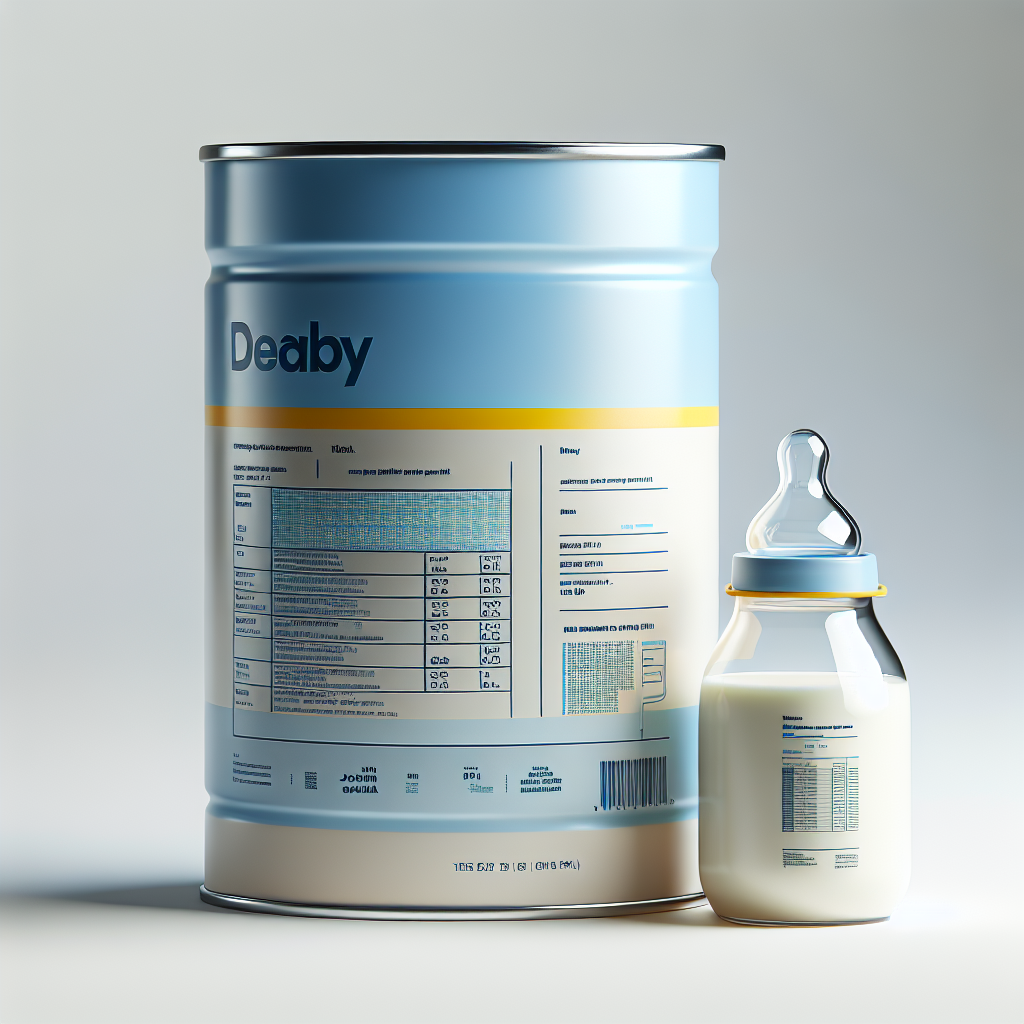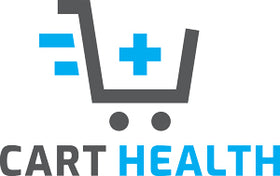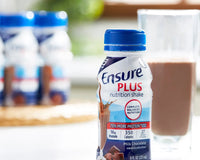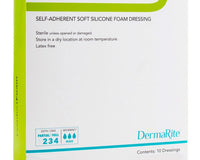When it comes to infant nutrition, making the right choice can feel overwhelming. Enfamil AR Formula is specifically designed to help babies who experience frequent spit-up, a common issue for many infants. This formula is enriched with added rice starch, which helps to thicken the formula, making it easier for babies to keep it down and reducing the instances of spit-up.
Understanding the components and benefits of Enfamil AR Formula is crucial for parents and caregivers who want the best for their little ones. It not only addresses digestive problems but also ensures that babies receive the essential nutrients they need for healthy growth and development. The formula includes a blend of prebiotics, vitamins, and minerals that support a baby’s immune system and overall health.
However, recent discussions have brought up concerns regarding the presence of arsenic in some infant formulas, including Enfamil AR. It’s important to delve into these concerns to make informed decisions about your baby's nutrition.
At Cart Health, we understand the unique needs of every child and are here to provide the support and products you need. Order online here for convenient shopping and fast delivery! Visit Cart Health to explore our range of products and experience the difference.
Understanding Arsenic in Baby Formula
Arsenic is a naturally occurring element found in the environment, and it can make its way into food products through soil, water, and air. While it’s known for its toxicity, understanding its presence in baby formula requires a closer look at how it gets there and what levels are considered safe.
Arsenic can be categorized into two forms: organic and inorganic. Inorganic arsenic is the more harmful form, linked to various health issues when consumed in significant quantities over time. It’s crucial to monitor and regulate the levels of inorganic arsenic in food products, especially those intended for infants, who are more vulnerable to its effects.
The presence of arsenic in baby formula, such as Enfamil AR, typically stems from the rice starch used to thicken the formula. Rice plants tend to absorb more arsenic from the soil compared to other crops. Consequently, rice and rice-based products often contain higher levels of arsenic.
Regulatory bodies like the U.S. Food and Drug Administration (FDA) have set guidelines to ensure that the levels of arsenic in baby formulas remain within safe limits. These guidelines help manufacturers minimize arsenic content and ensure that their products are safe for consumption. For concerned parents, it’s important to stay informed about these regulations and understand the steps manufacturers take to comply with them.
Ultimately, being aware of the potential presence of arsenic in baby formula and understanding the regulations in place can help you make informed decisions about your child’s nutrition.
Research on Enfamil AR Arsenic Levels

Several studies have been conducted to assess the levels of arsenic in various baby formulas, including Enfamil AR. These studies aim to evaluate whether these products adhere to safety standards and ensure they are safe for infant consumption. Research methods typically involve collecting samples from different batches and analyzing them for both organic and inorganic arsenic content.
One notable study conducted by a team of researchers focused on a range of infant formulas available in the market, including Enfamil AR. The results showed that while trace amounts of arsenic were present, the levels were well within the safety limits established by the U.S. Food and Drug Administration (FDA) and other regulatory bodies. These findings provide some reassurance to parents concerned about arsenic exposure through infant formula.
Another research initiative by consumer advocacy groups also tested Enfamil AR along with other popular brands. The study reaffirmed that the arsenic levels in Enfamil AR did not exceed the permissible limits. Moreover, it highlighted the rigorous testing and quality control measures employed by manufacturers to ensure compliance with safety standards.
Despite these reassuring findings, continued research is necessary to monitor and evaluate arsenic levels in baby formulas regularly. Advances in testing methods and stricter regulations can further enhance the safety of these products. Parents are encouraged to stay updated on new research and guidelines to ensure they are making the best choices for their child's health.
In summary, existing research indicates that Enfamil AR maintains arsenic levels within safe limits, thanks to stringent quality control and regulatory compliance. However, ongoing vigilance and updated studies are essential to ensure continued safety and peace of mind for parents.
Health Risks of Arsenic Exposure

Arsenic exposure, even at low levels, can pose significant health risks, especially for infants and young children. Arsenic is a naturally occurring element found in water, air, and soil, but its presence in food products, including baby formula, is a cause for concern.
One of the primary health risks associated with arsenic exposure is its potential impact on cognitive development. Studies have shown that exposure to inorganic arsenic can lead to developmental delays and reduced IQ levels in children. This makes it crucial for parents to be vigilant about the sources of their child's food and water.
Long-term exposure to arsenic can also increase the risk of developing various chronic diseases. For instance, arsenic has been linked to an elevated risk of heart disease, diabetes, and certain types of cancer, particularly skin, bladder, and lung cancer. These risks underline the importance of minimizing arsenic exposure from all possible sources.
Furthermore, arsenic exposure can negatively affect the immune system, making children more susceptible to infections and illnesses. This is particularly concerning for infants, as their immune systems are still developing and are less capable of combating environmental toxins.
Another critical aspect to consider is the impact of arsenic on growth and development. Exposure during critical growth periods can interfere with normal growth patterns, potentially leading to stunted growth and other developmental issues. This makes it imperative for caregivers to ensure that the products they choose for their children meet the highest safety standards.
In summary, while the risks associated with arsenic exposure are serious, understanding these risks can empower parents to make informed decisions. Choosing products with rigorous safety testing, like Enfamil AR, can help mitigate these health risks and ensure the well-being of your child.
Safety Standards and Regulations
Safety standards and regulations play a crucial role in ensuring that baby formulas, including Enfamil AR, are safe for consumption. These standards are established by various health and safety organizations to protect consumers from potential health risks, such as arsenic exposure.
The U.S. Food and Drug Administration (FDA) is one of the primary regulatory bodies overseeing the safety of baby formulas. The FDA sets stringent guidelines for the permissible levels of contaminants like arsenic in infant formula. These guidelines are based on extensive scientific research and are designed to minimize the risk of adverse health effects.
In addition to the FDA, the Environmental Protection Agency (EPA) also plays a role in regulating arsenic levels in drinking water, which can indirectly affect the safety of baby formulas. The EPA's standards for arsenic in drinking water are among the strictest in the world, further ensuring that the water used in formula preparation is safe.
Manufacturers of baby formulas, including Enfamil, are required to conduct regular safety testing to ensure their products meet these regulatory standards. This involves rigorous testing for contaminants, including arsenic, to ensure that any levels present are well below the safety thresholds set by regulatory bodies.
Internationally, organizations such as the World Health Organization (WHO) and the Codex Alimentarius Commission also provide guidelines and recommendations for the safety of infant formulas. These guidelines are often adopted by countries around the world to create a cohesive global standard for baby formula safety.
It is important for caregivers to be aware of these safety standards and regulations when choosing a baby formula. Understanding the rigorous testing and regulatory oversight that products like Enfamil AR undergo can provide peace of mind and ensure the health and safety of their children.
Making Informed Choices for Your Baby

When it comes to choosing the right formula for your baby, making informed decisions is essential. With growing concerns about contaminants like arsenic, it's more important than ever to be well-informed about the products you're considering. Enfamil AR Formula has been subjected to rigorous testing and adheres to strict safety standards, but understanding the broader context can help you make the best choice for your child.
First, take the time to research and read labels. Look for products that have been certified by reputable health organizations and meet the safety guidelines set by the FDA and other regulatory bodies. Pay attention to the ingredients list and avoid formulas that contain unnecessary additives or high levels of contaminants.
Consult with healthcare professionals. Your pediatrician can offer personalized advice based on your baby’s specific needs and health conditions. They can help you understand the implications of any potential contaminants and recommend the best formula options available.
Consider joining parenting groups or forums where you can share experiences and gather insights from other caregivers. These communities can provide valuable firsthand information and support as you navigate the complexities of choosing the right formula.
Finally, stay updated on the latest research and safety recalls. The landscape of baby formula safety is continually evolving, and staying informed will help you make the best decisions for your baby’s health.
By taking these steps, you can ensure that you're making the most informed choices for your baby’s nutrition and well-being. For a hassle-free shopping experience, order online here for convenient shopping and fast delivery!









